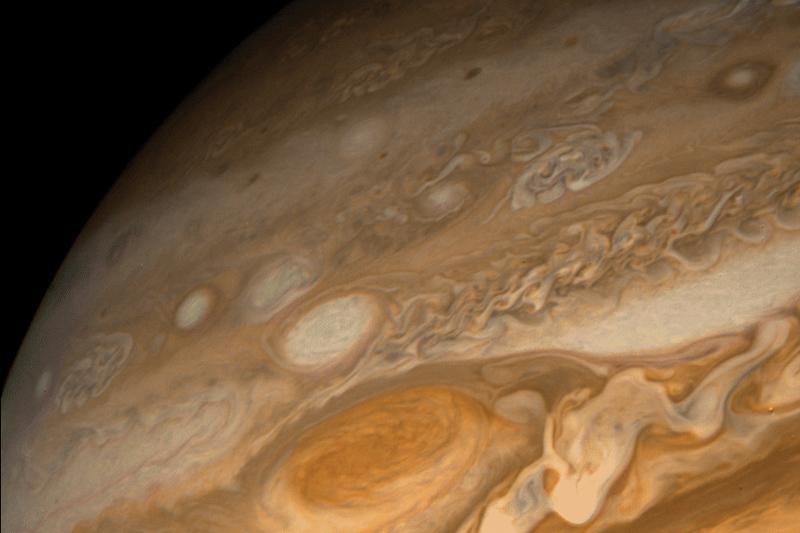
Photo courtesy of NASA/JPL / Public Domain
“The best scientist is open to experience and begins with romance — the idea that anything is possible,” said Ray Bradbury, an American science-fiction writer.
The world is full of mysteries and science is trying to piece the puzzle together one discovery at a time.
Recently, developments have been made in several fields in science.
From under the sea to the edges of the solar system, the history books of what was once thought are being rewritten.
At the CERN Large Hadron Collider last July, scientists thought they had discovered a particle that was consistent with what they figured they would find in a Higgs Boson particle. This particle was initially theorized in 1964 but was unable to be proven to exist before March 14, when it was confirmed.
This particular discovery is much bigger in the field of physics than others and explains why some fundamental particles have mass.
The popularly named “God particle,” which is commonly thought to be what caused the Big Bang, was discovered using the $10 billion Large Hadron Collider in Geneva, Switzerland.
Confirmation of the Higgs Boson validates many of the hypotheses scientists have about the universe and how it is built.
In other words, a very small, almost invisible particle is a really big deal and can change the way the world works.
Speaking of tiny, unknown things, another large discovery was made this week.
Small organisms living off the coast of Guam in the Marianas Trench were found thriving in an underwater cavern — seven miles below sea level.
Let that sink in for a second. At the deepest-known point on the globe, microbial life-forms live off dead, decaying matter that finds itself floating down to the deepest depths.
The pressure at these levels of the ocean are more than a thousand times greater than at sea level.
A deep-sea submersible robot discovered the microbials in samples of sediment, but if retrieved, would more than likely kill the organisms due to the temperature and pressure differences.
These are the closest living things to the center of the Earth — that we know of so far.
That’s a lot of pressure to put on such a small creature.
From the deepest fathoms of the ocean to the farthest reaches of the Solar System, science is leaving its mark on the universe.
On Sept. 5, 1977, the Voyager 1 space probe was sent into the dark vacuum that is outer space.
Its mission — to study the outer Solar System — is almost at an end. Not due to faulty components or being out of range, but Voyager 1 is now at the edge of the Solar System.
After 35 years, the spacecraft has reached the heliosheath, or the outermost part of the heliosphere, making it the most-distant manmade object from the sun.
This same probe made visits to Jupiter, Saturn and their moons before reaching its current position. It is close to leaving the Solar System to begin exploring interstellar space.
Voyager 1 was launched two weeks after its sister spacecraft, Voyager 2. Both probes carry a greeting and a gold record containing sounds of the Earth just in case some intelligent life outside of our solar system comes across them.
Science is accelerating at a rapid pace and continues to break down the barrier of what we, as humans, think is possible and impossible. These won’t be the last.





